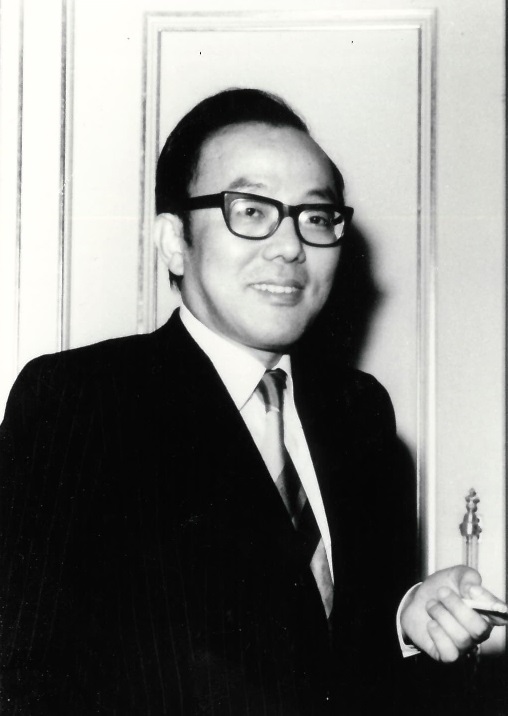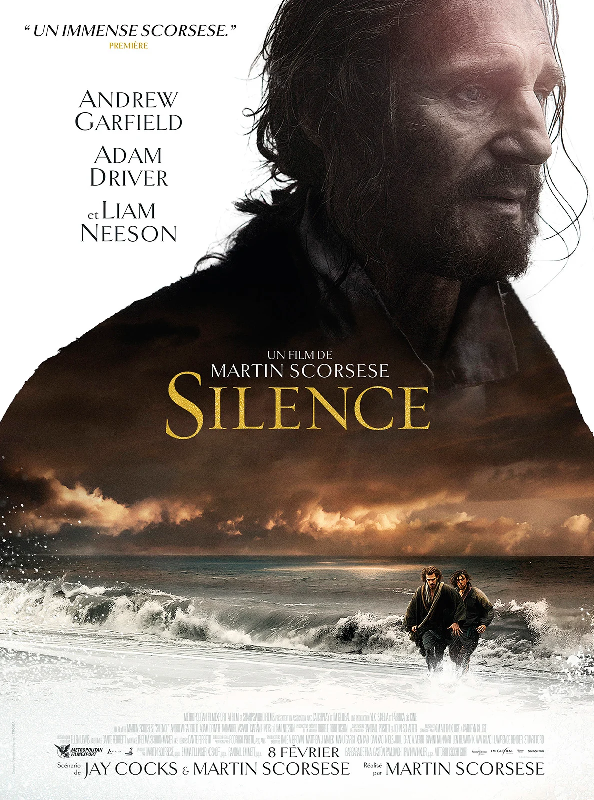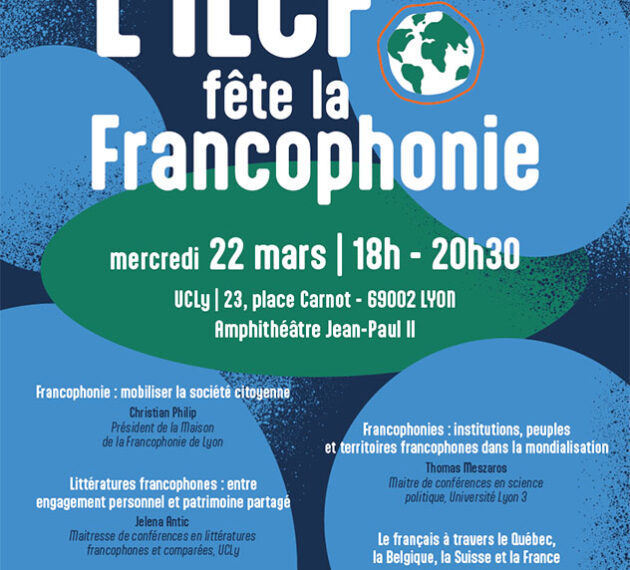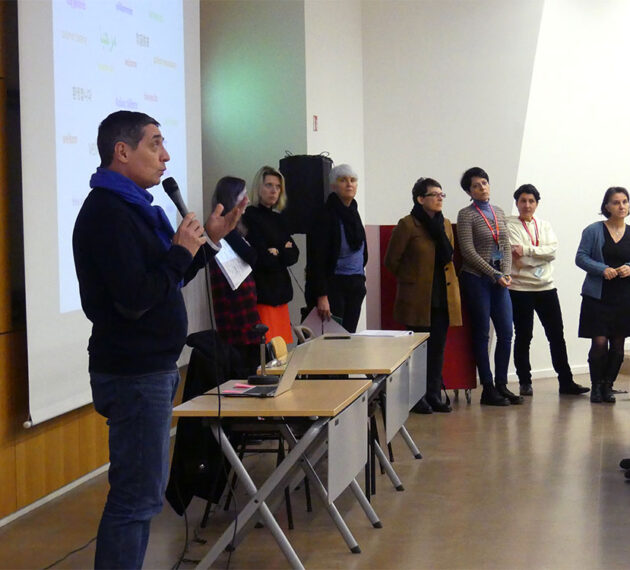
Shūsaku Endō, famous Japanese writer and former ILCF student!
updated on 27 March 2024
ILCF - Institut de Langue et de Culture Françaises
Shūsaku Endō, an eminent Japanese writer, has left an indelible mark on world literature with his profound explorations of faith, cultural identity and the conflicts between Christianity and Japanese tradition. Born on March 27, 1923 in Tokyo, Endō was raised in an environment marked by his parents' divorce. After this difficult period, he moved to Kobe with his mother, where he was exposed to Catholicism through his aunt.

A man of letters
Endō began his studies in French literature at Tokyo's Keio University in 1943, but his course was interrupted by the war, forcing him to work in a munitions factory due to his frail health. After the war, he was awarded a scholarship to study at the Catholic University of Lyon's ILCF. This stay, from 1950 to 1953, was decisive for his intellectual and artistic development.
In Lyon, Endō immersed himself in French culture, but he was especially captivated by modern Catholic literature, particularly the works of Graham Greene and François Mauriac. Endō himself has described this period as a revelation, where he was confronted with an incompatibility between foreign literature and his own identity. This experience profoundly influenced his worldview and his approach to religion in his later literary work.
Returning to Japan after his studies, Endō quickly emerged as a leading writer. In 1955, he won the prestigious Akutagawa Prize for his novel "Shiroi hito" ("The White Man"), launching his literary career with a bang. Endō married Okada Junko in 1955, with whom he had a son, Ryunosuke, in 1956.
The influence of his time in Lyon can be seen in many facets of his work, particularly in his treatment of themes of faith and cultural identity. Endō has often explored the tensions between his Catholic faith and Japanese religious traditions, as well as the challenges of intercultural communication. His works are imbued with a deep reflection on the human condition and the moral dilemmas his characters face. Endō is often compared to Graham Greene, whose work he admired and who had a significant influence on his own writing.
For Endō, Lyon was an intellectual crucible where he honed his understanding of faith and literature, an experience that has left an indelible imprint on his outstanding literary work.
Silence
Shūsaku Endō's most famous work, "Silence" (沈黙, Chinmoku), has enjoyed a remarkable film adaptation. Directed by acclaimed American filmmaker Martin Scorsese, the film of the same name was hailed by critics and audiences alike when it was released in 2016. Scorsese, known for exploring spiritual and moral themes in his films, was deeply moved by the poignant story of "Silence".
"Silence" follows the story of Portuguese missionaries in 17th-century Japan, facing violent persecution as they attempt to spread their Christian faith in a hostile country. Scorsese brilliantly captures the moral and spiritual dilemmas facing the main characters, highlighting questions of faith, sacrifice and compromise.
The film adaptation of "Silence" has been praised for its faithfulness to Endō's novel while bringing a unique visual and emotional perspective to the story. The performances of the actors, notably Andrew Garfield, Adam Driver and Liam Neeson, were widely acclaimed for their depth and commitment to their roles.
Thanks to Martin Scorsese's adaptation, "Silence" has been brought to the screen with an emotional power and intellectual complexity that has captivated audiences around the world. This remarkable film adaptation has enabled Shūsaku Endō's timeless work to reach a wider audience and continue to provoke profound reflections on the nature of faith, suffering and redemption.

Did you know?
UCLy's new House of Research, opening on April 10, will pay tribute to Shūsaku Endō by naming a room in his honor.


